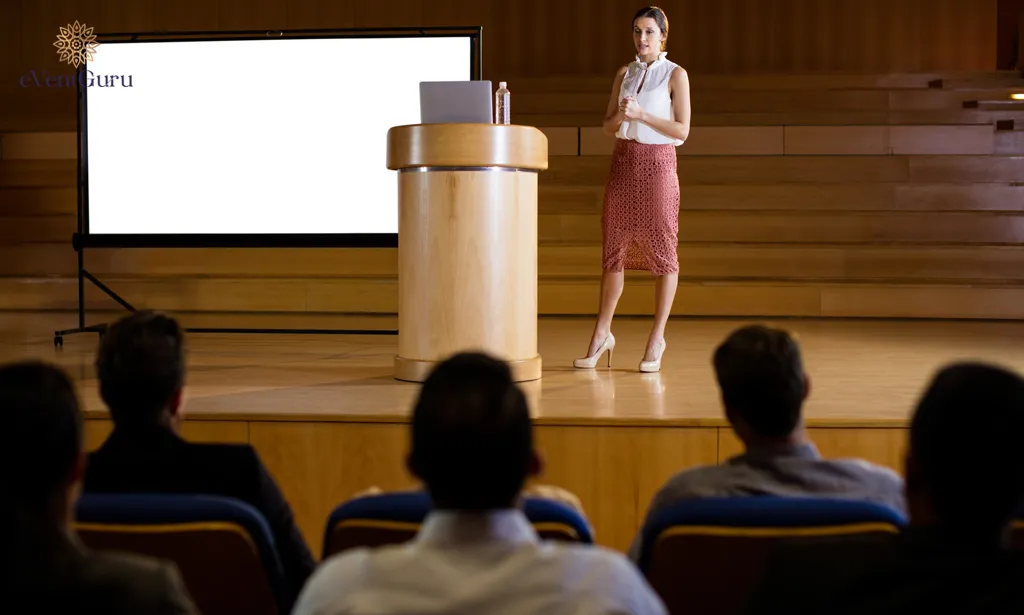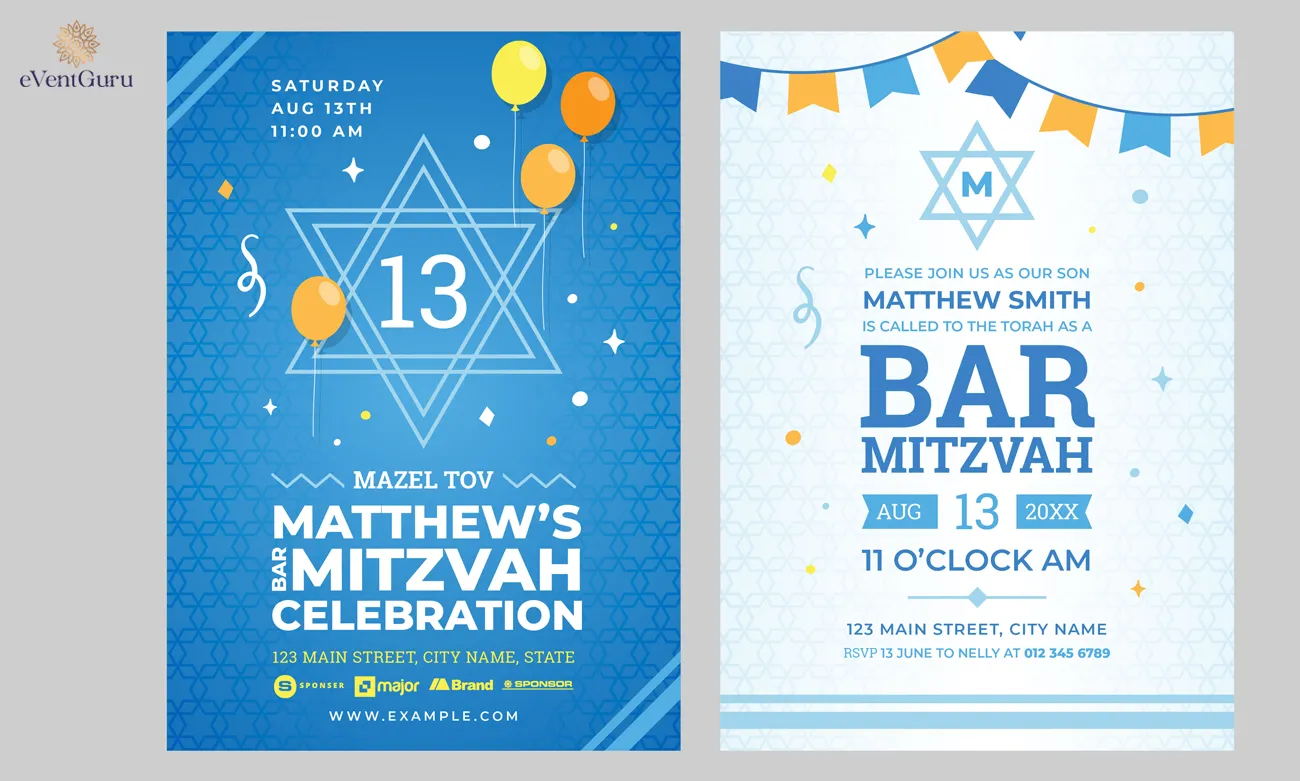Once the purpose is clear, you need a competent team to orchestrate the event. This team should include a project manager, a budget analyst, a marketing expert, and a logistics coordinator.
Assembling Your Event Planning Team
- Project manager oversees the event from start to finish, ensuring everything goes according to plan.
- Budget analyst is responsible for managing finances, making sure the event stays within budget.
- Marketing expert takes charge of promoting the event, while the Logistics coordinator ensures all physical aspects of the event, from venue selection to decor and catering, are in place.
Setting Clear Objectives
Setting clear objectives for your event is critical. Objectives should be SMART - Specific, Measurable, Achievable, Relevant, and Time-bound. For instance, if your event aims to generate leads, a SMART objective could be: "Obtain contact information from at least 100 potential clients at the event."
Creating a Comprehensive Event Plan
A comprehensive plan includes every detail of your event. This should involve:
- Budgeting: An accurate budget forecast including expenses for venue, catering, marketing, entertainment, and contingencies.
- Venue Selection: Choose a venue that fits your budget, accommodates your expected guest count, and aligns with your event's theme.
- Agenda: Outline a schedule for your event, including speeches, breaks, networking, and entertainment.
Marketing and Promotion
Effective marketing is key to attracting attendees. Use a combination of digital marketing strategies. Traditional methods like direct mail and word-of-mouth can also be effective. To quote Philip Kotler, "The best advertising is done by satisfied customers."
Selecting the Right Event Management Platform
An event management platform like eVentGuru can significantly simplify your corporate event planning process. It offers features like online registration, ticketing, attendee tracking, and even virtual event capabilities. With EventGuru, you can focus on creating an engaging experience rather than getting bogged down with administrative tasks.
Deciding the Theme and Format
Choosing a theme and format can set the tone for your corporate event. The theme should resonate with your brand and event objectives, while the format – whether it's a conference, seminar, workshop, or gala – should match the purpose of the event. For instance, a product launch might best be served by a gala, while a professional development event might warrant a workshop format.
Scheduling Your Event
The schedule of your event can significantly impact attendance. Avoid scheduling your event on public holidays or during popular vacation periods. If it’s a multi-day event, ensure it starts and ends on weekdays, as people are less likely to commit their weekends.
Selecting a Suitable Venue
The venue of your event should align with your theme, accommodate your guest count comfortably, and be easily accessible for attendees. Look for a venue that offers necessary facilities like audio-visual equipment, Wi-Fi, and ample parking.
Organizing Catering and Refreshments
Food and beverages are essential aspects of any corporate event planning. Collaborate with a reliable catering service to provide meals that cater to various dietary restrictions. Remember to provide ample refreshments throughout the day, especially if it's a long event.
Planning Engaging Activities
Engaging activities can break the ice and make your event more memorable. This can be a keynote speaker, a performance, or interactive sessions like workshops or games. These activities can create a more relaxed atmosphere and encourage networking among attendees.
Managing Event Registrations
Managing event registrations efficiently can create a positive first impression for attendees. A platform like EventGuru simplifies this process, allowing online registration, ticketing, and even creating personalized itineraries for attendees.
Providing Stellar Customer Service
From the moment attendees arrive to the moment they leave, their experience should be smooth and enjoyable. This involves clear signages, warm reception, efficient problem-solving, and ensuring their comfort throughout the event.
Building Sponsorships and Partnerships
Sponsorships and partnerships can offset costs and enhance your event's reputation. When reaching out to potential sponsors, clearly communicate the benefits they will receive, such as brand visibility or access to your attendee base.
Harnessing the Power of Social Media
Social media can significantly extend the reach of your corporate event. You can create event-specific hashtags, live-tweet important moments, and encourage attendees to share their experiences.
The Follow-Up: Maintaining Relationships
After the event, it's crucial to maintain relationships with attendees, sponsors, and partners. Send thank-you notes, share event highlights, and keep them informed about upcoming events.
Preparing for the Big Day
Today, leading up to the event, double-check all arrangements. Ensure your team is well-informed about their roles and responsibilities.
The Event Day: Ensuring Smooth Execution
On the day of the event, your team should arrive early to handle any last-minute issues. Maintain a positive and professional atmosphere. After all, your event is a reflection of your company.
Post-Event Follow-Up and Evaluation
Post-event activities are just as important as the event itself. Follow up with attendees, thanking them for their participation and asking for feedback, which can be done via email or through a post-event survey.
Evaluate the event based on your objectives. Did you achieve your goals? What worked, and what could be improved for next time? This evaluation will serve as a guide for future events.
Key Takeaways: Ensuring Future Event Success
- Successful corporate event planning is an ongoing process. Keep in touch with attendees, sponsors, and vendors. Their feedback can provide valuable insights for improving future events.
- Also, take advantage of event planning platforms like EventGuru, which can streamline your process and make your job easier. So, start doing the right things for your corporate events today with eVentGuru!
Also, Read: Top Team Building Events for 2023
Frequently Asked Questions About Successful Corporate Events
Clear objectives provide direction and purpose for the event. They help define what the event aims to achieve, guide decision-making, and provide a measurable framework for evaluating its success.
Event management platforms offer features such as online registration, ticketing, attendee tracking, and virtual event capabilities. They streamline administrative tasks, enhance attendee experience, and allow organizers to focus on creating engaging events.
Social media can be used to create event-specific hashtags, live-tweet important moments, and encourage attendees to share their experiences. It amplifies event visibility, engages a wider audience, and promotes post-event networking and follow-up.







